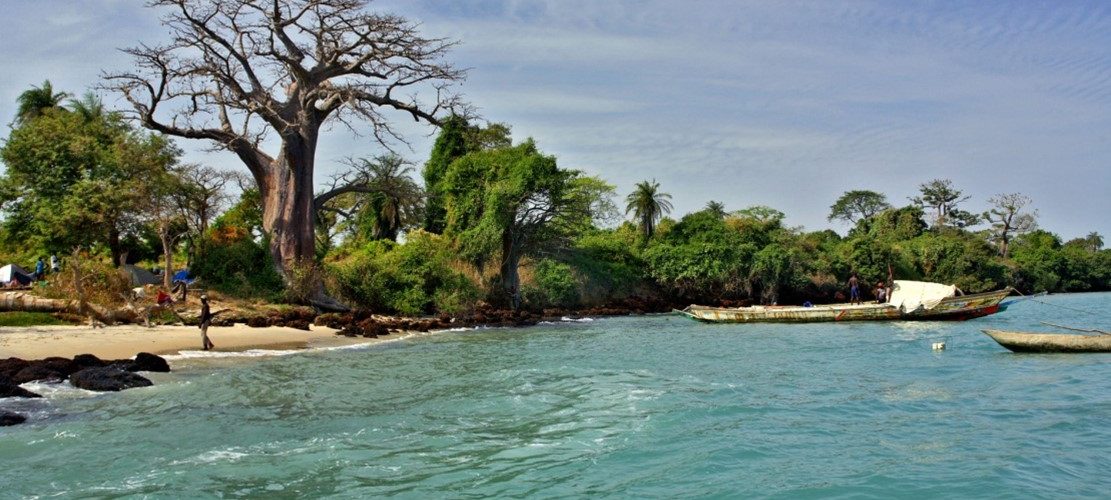Biodiversity supports everything in nature that we need to survive, including food to clean water. From the plants, animals, insects, fungi to bacteria, biodiversity creates the intricate ecosystems we rely on.
Renowned economist Sir Partha Dasgupta believes governments must integrate ecosystem services into calculations of economic health to reduce resource exploitation and promote a healthy relationship between humanity and nature. This argument for “inclusive wealth” forms the basis of Dasgupta’s Economics of Biodiversity, a landmark report that is the foundation of a growing field known as natural capital accounting, in which researchers attempt to assess the value of nature.
Know more about Natural Capital Accounting in this tallk given at the TEDx Wageningen University, by Lars Hein, a professor of Ecosystem Services and Environmental Change and the deputy chair of the Environmental Systems Analysis Group at Wageningen University.
Between May 2021 and September 2021, Daniel Bazzucchi and Giacomo Cozzolino (SETIN Srl) and António Da Silva, on behalf of Wetlands International, was responsible for the assignment “Assessment of the economic value of ecosystem services in the ecological or biological value areas in the Bijagós Islands, Guiné-Bissau”, under the “Project to reduce the impacts of infrastructures on coastal ecosystems in West Africa (PRISE): tools and capacity building”.
This consultancy concerned the following aspects and activities:
- study of areas of ecological and biological importance of the Bijagos archipelago;
- analysis of political processes, management objectives, stakeholders interests;
- identification and description of ecosystems services (ES) provided by the different selected areas;
- identification of the most relevant ES to include in the assessment using standard applications such as the RAWES tool;
- determination of the economic value of the most relevant ES;
- analysis of the stakeholders’ costs and benefits.


